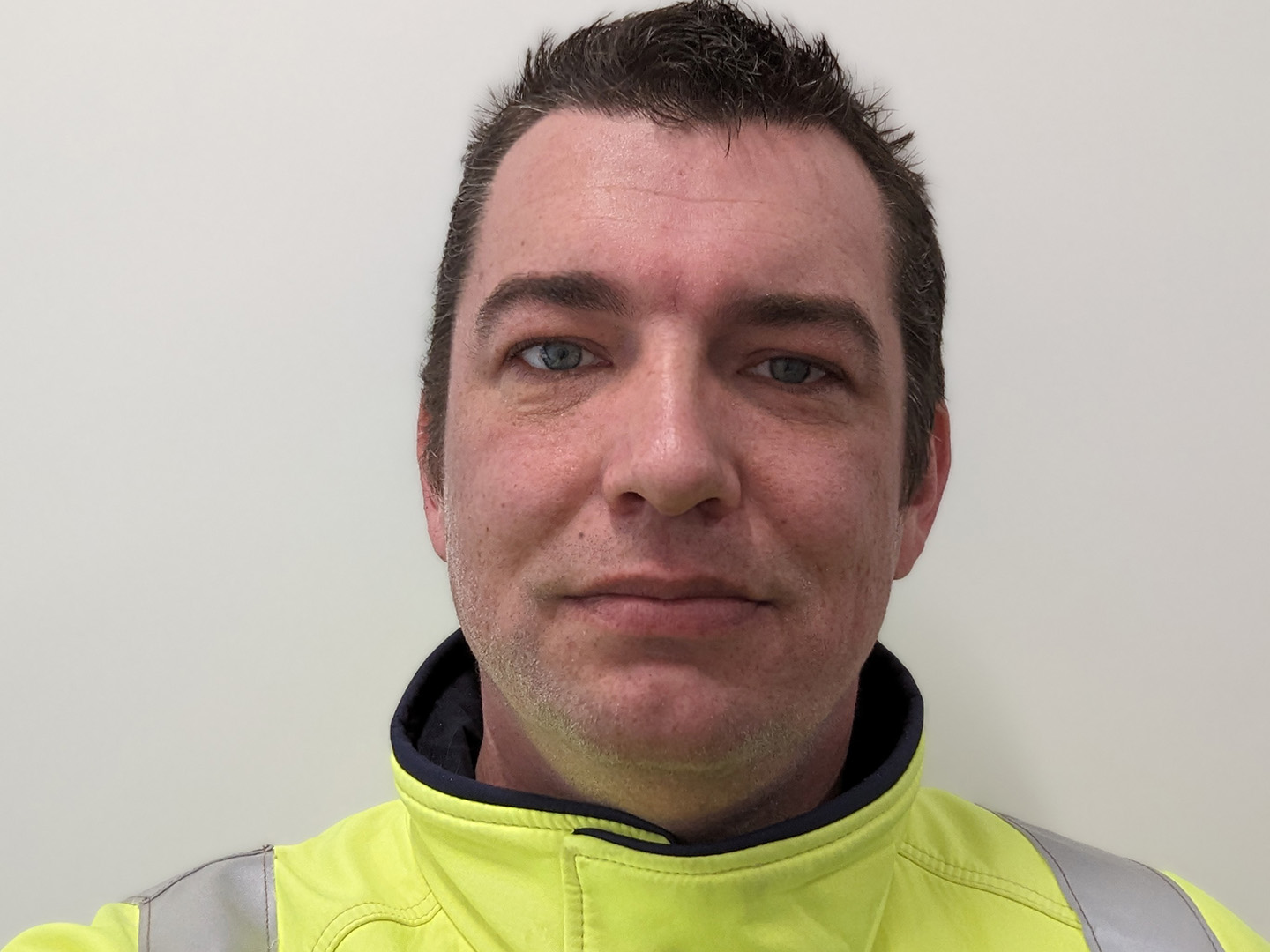... Nicolai Daheim from thyssenkrupp Uhde GmbH
Interview of 15.09.2023

As the person responsible for the catalyst test plant for ammonia synthesis, what has been achieved so far in the Carbon2Chem® joint project from this perspective?
In the Carbon2Chem® project, various metallurgical gases were purified in the gas treatment pilot plant. The successful purification of the gases was demonstrated by analytical methods, but especially by the stable operation of the ammonia and methanol synthesis in the laboratories of the pilot plant.
What were highlights?
The construction of the ammonia laboratory plant, as one of the first on the Carbon2Chem® pilot plant site, in Duisburg and subsequent the world-first production of ammonia from purified real metallurgical gases is certainly one of the highlights.
The successful completion of the first long experimental campaign for the synthesis of ammonia from blast furnace gas should also be mentioned here.
What were the biggest challenges?
Achieving the necessary long test run times and coordinating the planned test series with the various partners is a challenge. Especially due to the operation with real metallurgical gases, there are some interfaces, plant components, etc. that have to work well together for a successful trial operation. This requires good cooperation and coordination with the responsible partners in the Carbon2Chem® project.
What are the next steps planned?
For the remainder of the project, we plan to complete outstanding experimental campaigns with purified metallurgical gases. We also want to carry out trials to further improve the cost-effectiveness of ammonia synthesis from metallurgical gases, including further optimization of the use of electrolytic hydrogen and the testing of additional catalysts.
 Fraunhofer Institute for Environmental, Safety and Energy Technology UMSICHT
Fraunhofer Institute for Environmental, Safety and Energy Technology UMSICHT